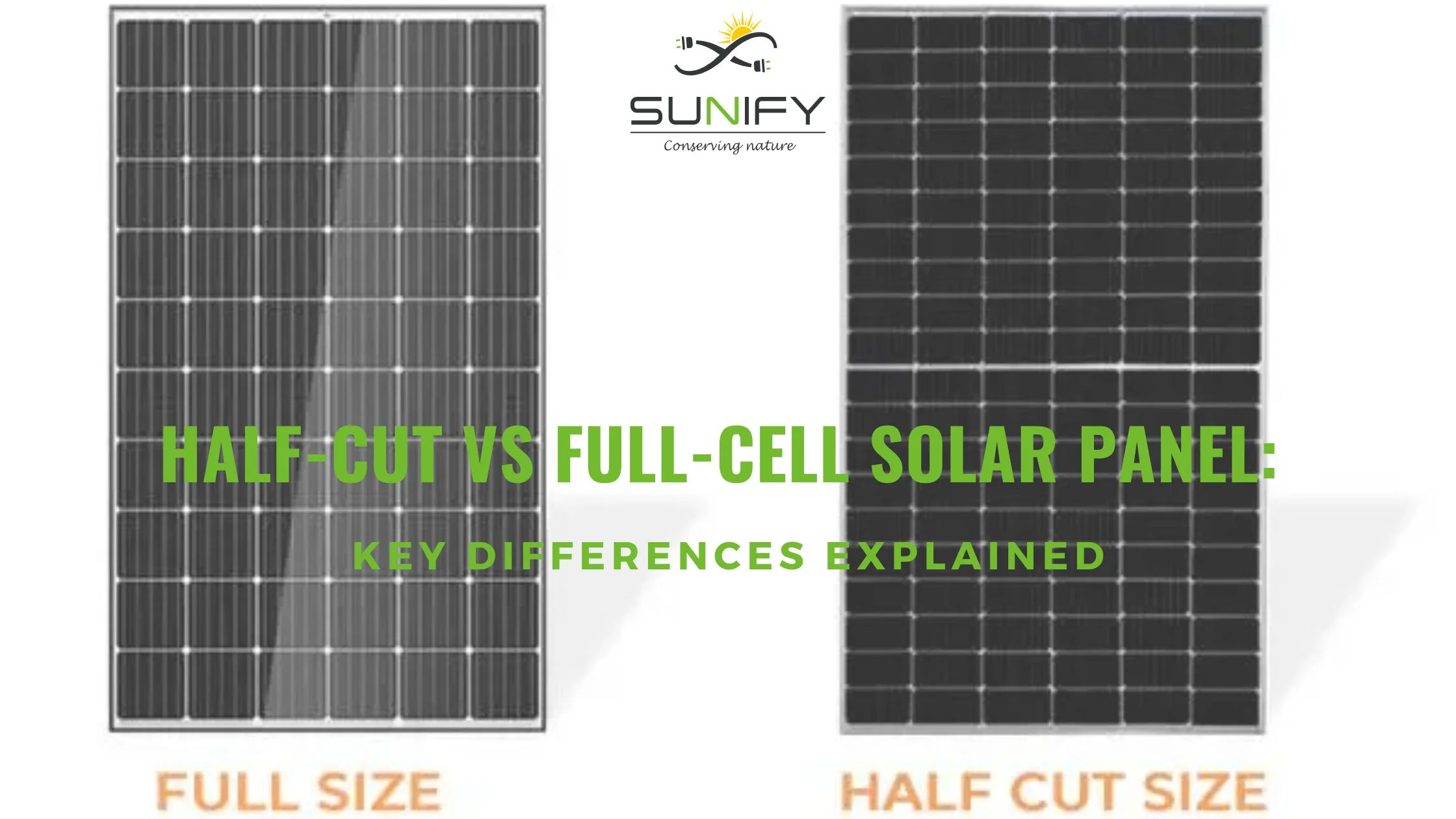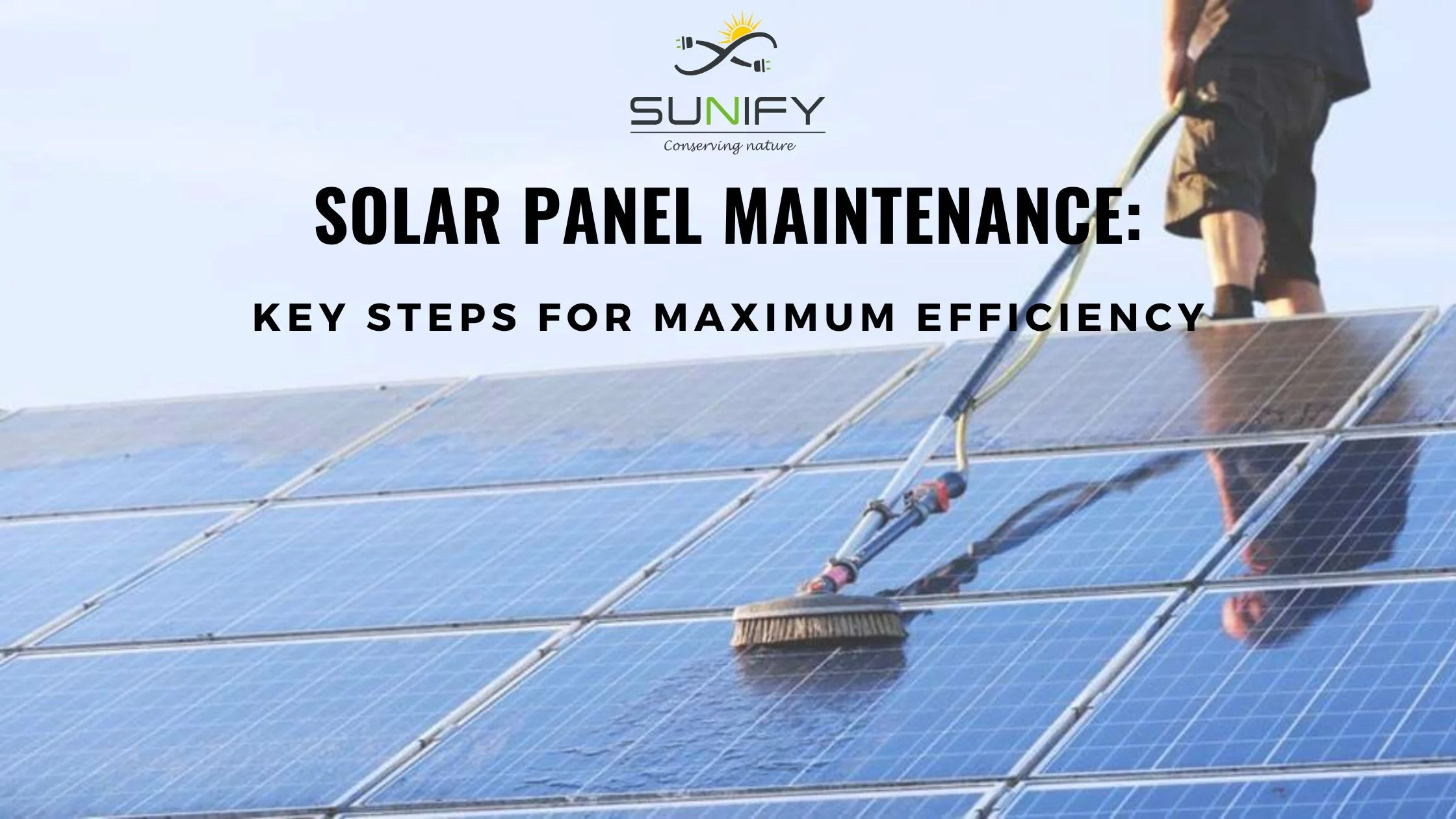
Connect With Our Team
Introduction
As the world shifts towards more sustainable energy solutions, farms are finding solar power to be a game-changer. Installing solar panels on your farm offers numerous benefits, from significant cost savings to reduced environmental impact. Whether you're looking to cut energy expenses or reduce your carbon footprint, solar panels present a compelling solution for modern farming.
In this article, we explore the top benefits of installing solar panels on your farm and how they can help improve your energy efficiency, save money, and promote long-term sustainability.
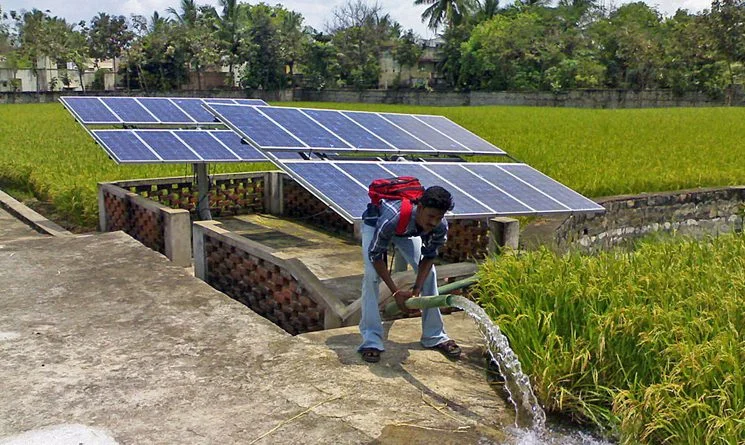
1. Significant Cost Savings on Energy Bills
The first and perhaps the most immediate and attractive benefit of installing solar panels on your farm is the opportunity to save a heap of money on electricity bills. Farms are often energy-intensive operations with such things as large machinery, irrigation systems and heating needs. Generating your own electricity with solar energy will reduce the need to a great extent for traditional power grids.
In reality, many farmers have been saving thousands of dollars on their energy bills every year by harnessing solar power. These savings, combined with the fact that you made a solar panel investment once in the form of an initial investment in solar panels, allow you to recover that investment in a matter of years, and electricity produced by your solar panels is close to free after that.
2. Environmental Benefits: Reducing Your Carbon Footprint
Without a doubt, one of the main benefits of installing solar panels on your farm is that it is one of the main ways of saving a lot of cash. Large machinery, irrigation systems, and heating needs make farms typically an energy-intensive business. Generating your own electricity through solar energy is the way to dramatically decrease reliance on traditional power grids.
In fact, according to many farmers, solar power costs them thousands of dollars less per year on the energy bill. These savings mean that your initial investment in solar panels will be recouped in a matter of years, and you will be generating your electricity for all but essentially nothing thereafter.
3. Energy Independence and Security
However, energy independence is a key issue and concerns many farmers. Installing solar panels will help your power consumption be somewhat independent from the electrical grid, since that can be intermittent or unreliable in some areas. A secondary advantage of solar energy is that it offers a more secure and predictable power source for farms located in rural or remote parts of the country.
Furthermore, solar power guarantees your farm is always in operation even during power outage. With solar panels, you won’t have to fear that you will lose electricity when there is a storm or if the grid fails and critical times like the planting season or the harvest.
4. Low Maintenance and Long Lifespan
Yet another solid recommendation in favour of solar panels is their low maintenance requirement. Once installed, the only upkeep to be expected from solar panels is minimal. Generally speaking, all that is needed is regular cleaning and occasional checking to ensure optimum performance.
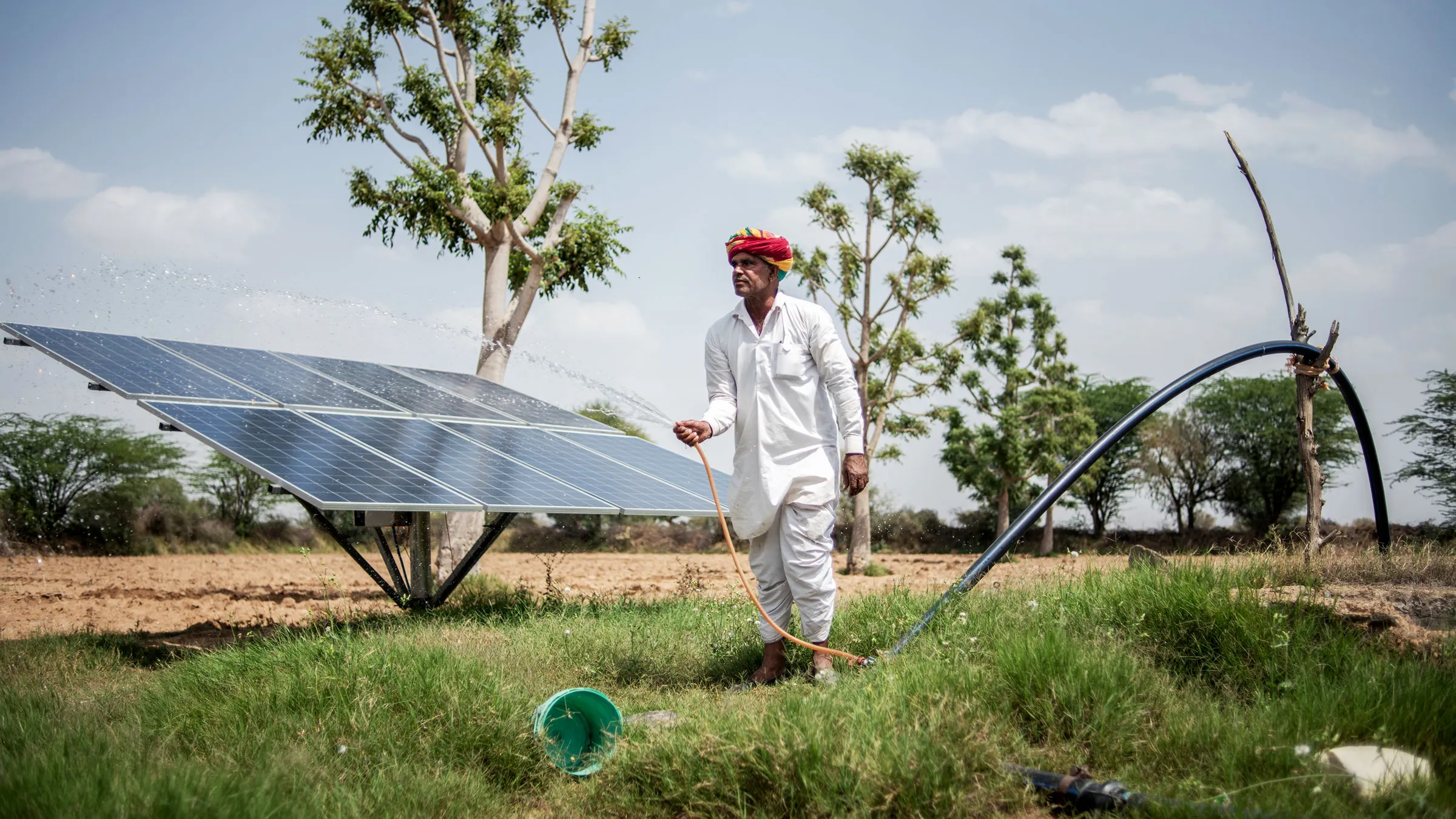
Additionally, the solar panels are built to last. Warranties for most systems are between 20 and 25 years, but with proper maintenance, systems can still be in operational condition much longer than that. Solar panels are known to be durable and long-lasting investments for any farm that aims to save the long long-term energy costs.
5. Increased Property Value and Appeal
Installing solar panels also increases the value of the farm property. The market will be eager if buyers become more numerous, looking for sustainable and energy-efficient homes and businesses that would like a solar-powered farm. For example, many buyers will prefer properties with renewable energy solutions in place because then it doesn’t become their headache or their expense to install those systems themselves.
Also, properties ruled by the sun would be eligible for government incentives, which makes them even more attractive. Investment in solar energy will not only lower your operating costs, but also its the marketability and the value of your farm on the real estate market.
6. Government Incentives and Rebates for Solar Energy
There are a lot of government incentives and subsidies that farming operations in India can benefit from to promote the adoption of renewable energy. Central and state governments engage in providing the financial help needed to cut down the initial cost of installing the solar panels. But these initiatives make it somewhat more affordable for agricultural operations to move to sustainable, cheap solar power.
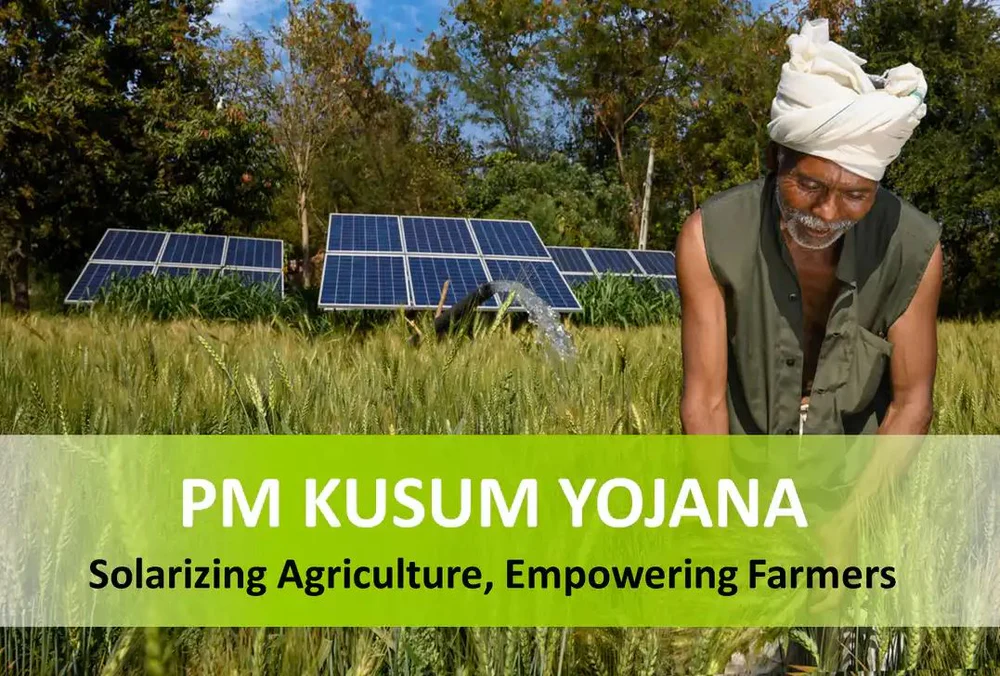
For instance, under Pradhan Mantri Kisan Urja Suraksha evam Utthaan Mahabhiyan Scheme - PM-KUSUM Yojna, the farmers are entitled to up to 60% subsidy on setting up standalone solar pumps and an additional 30% may be financed through a bank loan, resulting in only 10% cost for farmers out of their pocket. The purpose of this scheme is to reduce their dependence on the mains electricity and diesel in rural and off-grid area,s particularly.
Also, accelerated depreciation benefits under the Income Tax Act let you depreciate your solar assets faster (up to 40%) in the initial year, and it also gives you a good opportunity to save your tax. In fact, many of the state governments, such as in Maharashtra, Gujarat, and Rajasthan, also provide additional capital subsidies, net metering policies, and incentives for agricultural solar installations.
The government-backed programs and tax benefits reduce the upfront investment to such an extent, making the solar adoption a financially viable as well as an attractive choice for Indian farmers.
7. Solar-Powered Irrigation and Water Systems
Solar panels can be used to power irrigation systems, an essential part of many farms. Solar-powered pumps and water systems are not only more environmentally friendly but also cost-effective. By utilizing solar energy to power your irrigation, you can reduce your water and electricity costs while improving efficiency.
Solar-powered irrigation systems can also be automated, reducing labor costs and ensuring that crops receive consistent, timely watering without requiring manual intervention. This helps optimize water usage, which is especially important in areas facing water shortages or drought conditions.
8. Enhancing Farm Sustainability and Long-Term Viability
Irrigation systems that are a necessity for many farms can be powered by solar panels. Solar-powered pumps and water systems are also economically as well as environmentally friendly. Using solar energy to power your irrigation will not only cut your water and electricity bills but also raise your irrigation’s efficiency.
Solar powered irrigation systems are also automatable which will decrease labor costs and give the crop even water which arriving timely without any manual involvement. This optimizes water use, particularly during water shortages or drought circumstances.
9. Innovative Applications of Solar Panels in Agriculture
Modern agriculture is becoming very strongly oriented towards sustainability. As farmers are more and more interested in how they can operate in a more environmentally responsible way, solar panels become one of the major means id achieving this goal. A farm can thereby lower its carbon footprint by adopting solar power to reduce as dependence on nonrenewable energy sources.
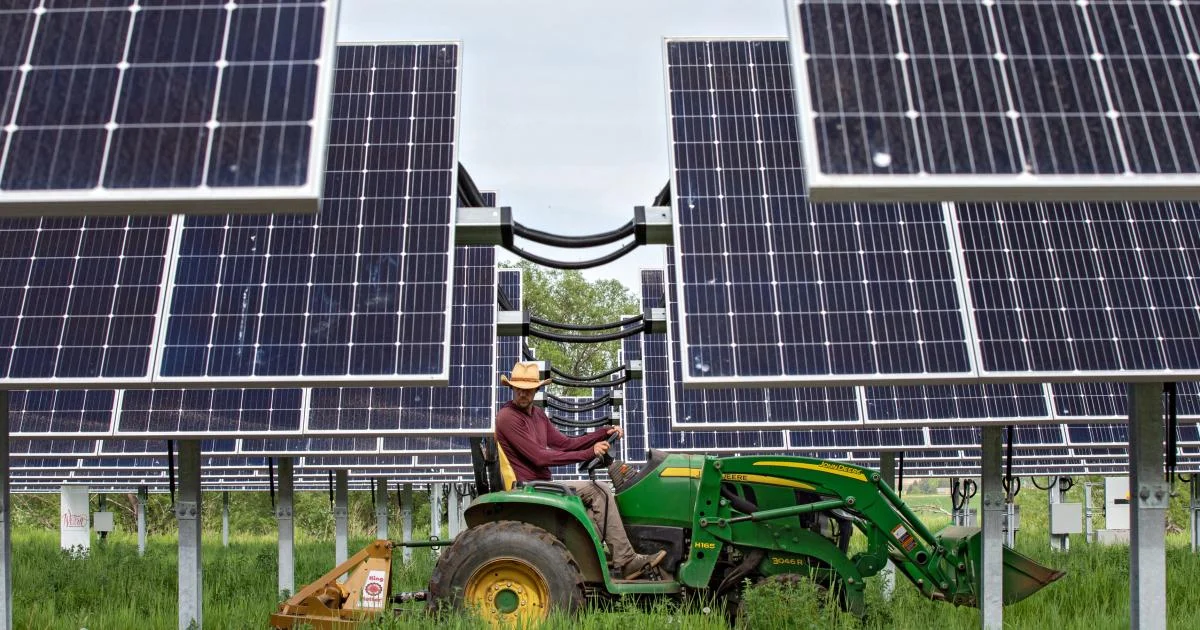
Apart from environmental sustainability, solar energy is a sustainable power source for your farm for future viability, both in terms of reliability and price. Having solar panels in place would make your farm economically viable in the face of future energy cost rises.
10. Solar Energy for Farm Automation and Technology
Our society’s connection to technology increases, and with that, more farms integrate automation and smart technology into their operations. This shift is supported by Solar power, which offers a fuel that is a reliable energy source for robots, sensors and other automated systems that help with the efficiency of farms.
It can mean such things as solar-powered sensors to monitor soil moisture, weather conditions or crop health to give valuable data for optimizing farm practice. Solar energy can also power machinery that automates work, for example, a robotic harvester or a drone, which could enhance productivity and, as a result, cut costs.
11. Offsetting Energy Usage with Solar Farm Power Systems
Farms can offset issues of energy usage with excess power generated by solar panels. Net metering lets us also sell you the electricity that your solar panels generate, in which case, if your farm consumes less than you generate, they will return the surplus to the grid. This can let you generate some extra income while cutting the total cost of the system.
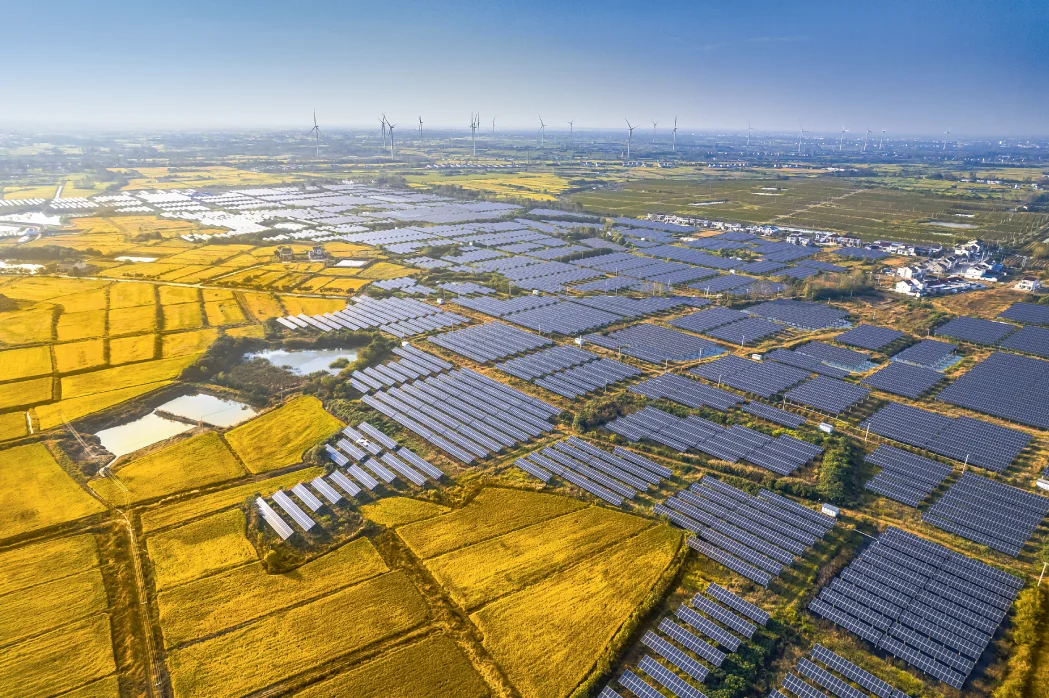
The net metering programs differ from region to region but many farmers are using this feature to not only power their farm but also to make money through contributions to the international energy grid.
12. Case Studies: Farms Benefiting from Solar Panel Installation
There are many success stories of farms that have had a positive outcome from solar panel installation. For instance, a farm in California installed solar panels, which rendered a 70% reduction in energy costs, and was able to pay off the system in five years. As in Wisconsin, a dairy farm switched over to solar power, saving upwards of $10,000 a year off of electricity bills while achieving sustaible goals.
The Indian farm history proves that there are many success stories of Indian farms that thrived on the adoption of solar energy. A pomegranate farm in Maharashtra has its 20 kW solar system installed to run its irrigation pumps and cold storage units. With no other source of power than diesel generators on a farm, the fuel spent was heavy and the carbon emissions were as well. Once solar panels were installed, energy costs to farms dropped more than 65%, and farms received payback in just four years because of government subsidies and net metering benefits.
Similarly, a rice and wheat farm in Punjab established a solar-powered drip irrigation on its 25-acre land across the region. The result? All this means that the farm is saving some ₹6 lakhs on its electricity bills and has slashed its water usage by a long shot as compared to ones practising sustainable agriculture. According to the farmer, the crop yield was also higher and, being on an erratic grid supply during peak sowing and harvesting seasons, reduced dependency.
Examples of these real-world uses of solar panels include a tangible return both financially as well as an environmental gain for farm operations.
13. How to Choose the Right Solar Panel System for Your Farm
When determining the best solar panel system for your farm, you have to consider how large the farm is, how much energy you will be using and also how much you will afford. However, seeking professional opinion from a solar energy professional, who can evaluate the needs of your farm and suggest the best system for you, is very important.
This depends on your energy needs on the farm and additionally on the type of solar panels you are going to choose to install. You will be helped by a customized system to derive the maximum out of your investment.
14. The Future of Solar Energy in Agriculture
Solar energy in agriculture is an increasingly positive prospect as solar technology develops. With the innovations of energy storage, efficiency, and new solar power applications, solar power will likely come to serve as a more accessible and advantageous source of energy for farmers.
Today's farmers who adopt solar energy work out today as being well poised for the dramatic advances in energy independence and cost savings that await in the future.
Conclusion
Installing solar panels on your farm provides a wide range of benefits, from reducing energy costs to increasing sustainability. By harnessing the power of the sun, you can improve your farm's bottom line while contributing to a cleaner, greener future. With the availability of government incentives and the long-term savings associated with solar energy, there’s never been a better time to make the switch to solar.
Frequently Asked Questions (FAQs)
1. How much do solar panels cost for a farm?
The cost of solar panels for a farm depends on the size of the system and the farm's energy needs. On average, it can range from $15,000 to $100,000, but government incentives can significantly lower the upfront cost.
2. Are solar panels worth the investment for a small farm?
Yes, solar panels can be an excellent investment for small farms. They help reduce energy costs and provide long-term savings. Many small farms also qualify for government rebates and incentives, making solar more affordable.
3. Can solar panels power an entire farm operation?
Yes, solar panels can power an entire farm operation, including irrigation, lighting, heating, and machinery. The key is to size the system based on your farm's energy needs.
4. How long do solar panels last on a farm?
Solar panels typically last 25-30 years, with most systems still operating at high efficiency after this period. Regular maintenance can extend their lifespan even further.
5. What are the financial incentives for installing solar panels on a farm?
Farmers can take advantage of federal tax credits, state grants, and local rebates to offset the initial cost of solar panel installation. Programs like the Investment Tax Credit (ITC) allow farmers to deduct a percentage of the installation cost from their taxes.
Recently Posted
Whatsapp Chatx
Hi! Click one of our representatives below to chat on WhatsApp or send us email to solar@sunifysolar.in

|
************** +91 81414 55503 |

We will love to hear from you!





